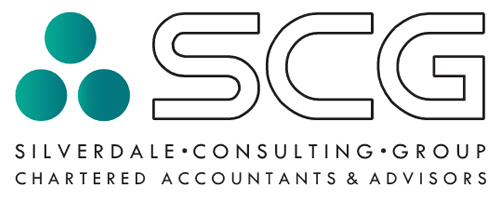Bookkeeping is an integral part of any business. It is the art of ensuring that all financial transactions are systematically and appropriately recorded. This is required by law for tax reasons but it is also crucial to running a business effectively. If you are thinking of doing your own bookkeeping or just need a refresher on the subject, our Heidelberg accounting firm is here to give you the basics for newcomers to the field in today’s blog.

Cash or accrual accounting system?
Deciding which system to use will be one of the first decisions you make when starting up. There are two systems: cash system or accrual system. The cash system involves recording transactions whenever money is exchanged. This can be physical cash or electronic transfers. Essentially, the moment money leaves or comes into your account, you record it. Our accounting firm in Heidelberg recommends the cash system if you’re operating a small business or even a solo-business venture.
The accrual system is where you make the record when the transaction takes place – rather than when the money actually exchanges hands. For example, if your company delivers goods to a client in March, but the payment isn’t processed until April, then the record will reflect the transaction in March rather than in April, whereas under the cash system it would have been recorded in April.
Single or double-entry bookkeeping?
Single-entry bookkeeping is ideal for very small businesses and is similar to keeping a check book. With single-entry, you only make one entry per transaction – recorded as a positive or negative amount. Whilst it’s a single-entry, you use two columns per transaction (it still counts as single entry as you’re only utilising one row) – one for revenue and the other for expenses.
Double-entry bookkeeping is used by the majority of businesses as it allows more depth in your recordkeeping, making it easier to keep track of asset and liability accounts. With double-entry bookkeeping you make two columns for each account and each transaction is found in two accounts. You then have a debit and a credit entry for each transaction.
Our Heidelberg accounting firm recommends double-entry bookkeeping for those in small but profitable businesses – as well as larger businesses – and single-entry bookkeeping for very small businesses or for sole business operators.
Understanding assets, liabilities and equity
Assets, liabilities and equity are words you will hear come up quite often when dealing with small businesses and it’s important you understand what they mean:
- Assets – This is anything that your business owns, such as any inventory, land, accounts, etc.
- Liabilities – Anything that the business needs to pay off, including mortgages, money owed to suppliers, loans that need paying off, etc.
- Equity – This is the amount of ownership the business owner has within the business. For example, if you’re in a joint partnership with someone then you would have 50% equity in the company between the two of you.
The equation Assets = Liabilities + Equity is used to make sure all your numbers balance out correctly.
Understanding your income statements
An income statement will show you your business’ profits and losses. This is where you will hear the words revenue, expenses and costs. Let’s take a closer look at what it all means:
- Revenue – This is all the income your business receives from selling its products.
- Expenses – All the money that goes towards running your business, such as salaries and wages.
- Costs – This is the money spent to produce the goods that your company sells. If you run a café, for instance, then the costs would include items like coffee beans, cups, mugs, coffee machines and so on.
It is a bookkeeper’s job to identify which transactions belong in which accounts. For example, if your business makes a sale and you’re using double-entry bookkeeping, then the cash received would be recorded in the asset account called cash and the sale would be recorded under the revenue account called sales.
Need more bookkeeping advice?
Silverdale Consulting Group is a Heidelberg accounting firm with more than 40 years of experience and knowledge in the industry. We are well-equipped to offer any assistance you may have when it comes to bookkeeping for your small business.
If you would like to find out more information about our Melbourne-based services then please get in touch with us through our website here. You may also give us a call on (03) 9497 5885.
